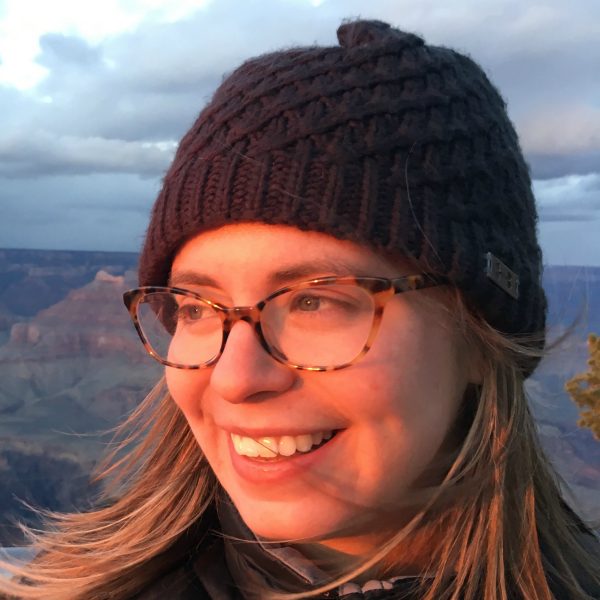Advertisement
COMMENTARY
How My Own Heartbreak Taught Me To Care For Grieving Patients

I met Arthur after he had forgotten how to get to the grocery store, then the names of friends, and then the names of his children. His world had steadily contracted over months and now he had not gotten out of bed for a week. As a home-based primary care physician, I was making a house call to see if there was something we could fix, like back pain or a urinary infection, or if this was the next stage of his dementia.
As I sat on the edge of Arthur’s bed, he smiled at me with the distraction of someone who was attending to something else, but still well trained in niceties. From the other room, I could hear his wife Mary practicing a soft and uneven "Waltzing Matilda" on her keyboard.
After I examined Arthur, I joined Mary on the living room couch. Their home was spotless, his medications neatly set out in labeled boxes, but Mary had dark shadows under her eyes. She could now only run to the store to fill a prescription or buy some milk if she could find a neighbor willing to wait in the living room, listening to make sure that Arthur didn’t cry out. She worried about him falling, or choking, or being in pain, or soiled.
'Oh no,' she said. 'I’m not about to lose him. I’ve already been losing him, just inch by inch.'
I asked her if she was already grieving, as people sometimes do in anticipation of a death. She was startled by this, and laughed. “Oh no,” she said. “I’m not about to lose him. I’ve already been losing him, just inch by inch.”
Loss in its varied forms so often occurs inch by inch, evolving within us. About a year ago, my fiancé sent me an email at 4 a.m. to tell me that he didn’t see himself getting married to me. Our nightly conversation suddenly vanished. Then the ring that weighted my left hand. Then my name on his mailbox. Over months, each urge to tell him about things I’d seen that would amuse him stung and then faded. Last week, I realized that I couldn’t picture his face, only, strangely, his hands.
As a physician, my first instinct has been to approach loss and grief like a wound. We might open it up some, irrigate it with sterile water, but then we expect healing and even stronger scar tissue to form, until pain resolves. We use scripts to practice breaking bad news. But words fail in the long, winding process of loss. These days, the bruise pulsing under my breastbone is both my greatest instrument and hazard. How can I hold my own grief and use it to understand without being overwhelmed?
I know, I think, when my patients describe the aches in their chests, the fevered and long nights, the memories that prick them to tears in the middle of a church service or while dusting the house.
In my residency training, I often struggled to calm my distress as I sat with patients to tell them difficult things: a positive HIV test, a scan showing tumor growth, the absent fetal heartbeat on an ultrasound. But grief has brought me a new stillness. I relate more to loss. I know, I think, when my patients describe the aches in their chests, the fevered and long nights, the memories that prick them to tears in the middle of a church service or while dusting the house. It is futile to attempt to fix the pain of such loss.
Even if it weren’t, grief is too important to be ablated. When my own waves of pain were at their most threatening, the mantra that carried me was this: It hurts because of how much you loved. In loss, we build grand and hard-earned monuments within ourselves: to our great loves, our hopes, our younger and lighter selves. It is impossible to expunge my pain without discarding the story of myself.
But I can bear witness. Alice is 75, with diabetes, and an injury to her toe that means she’ll need an amputation. As we talk about this, she sits with her foot outstretched, resting on the red oriental carpet of her living room. The surgery will be over in a day, but she’ll lose her toe over much longer. She moves her foot slowly to the left and the right, imaging the space left behind. She’ll feel the absence of her toe in her shoe a few weeks after surgery. Months later, walking through the sand on a beach in Maine her footprint will startle her. That summer at the grocery store she’ll catch a stranger’s eye staring at her foot in a sandal. It will still seem foreign to her. At some point, there is nothing more to be said. We sit together, and watch.
